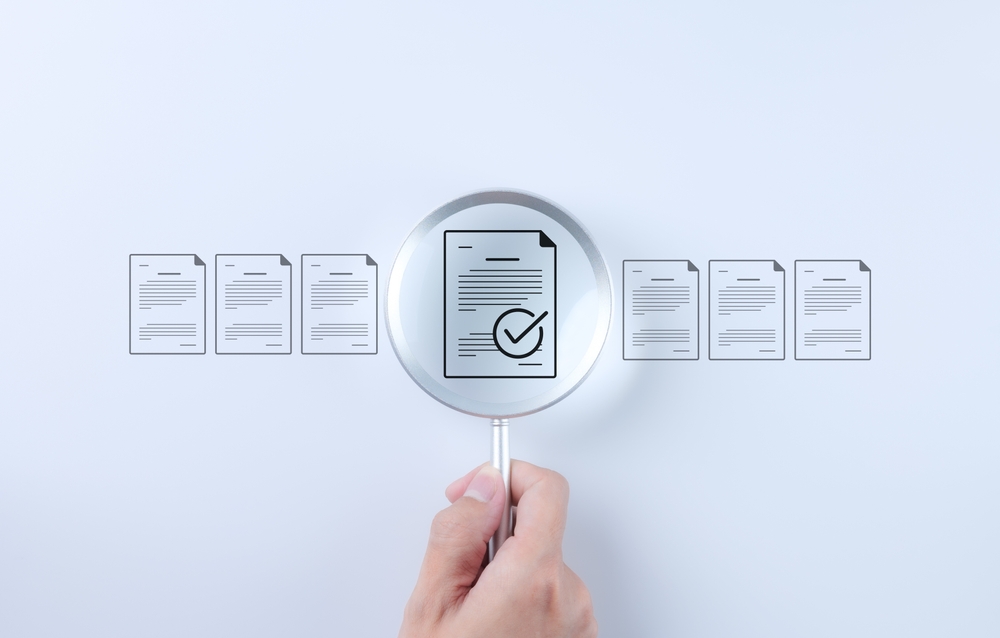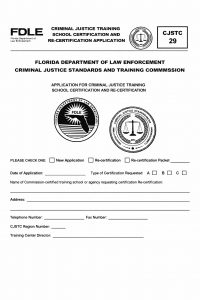In a competitive job market, the hiring process moves quickly. When you’ve found the perfect candidate, waiting for background check results can feel like an eternity. Whether you’re an employer eager to onboard new talent or a job seeker anxious to start your new position, understanding background check timelines is crucial.
This guide breaks down exactly what to expect when it comes to background check timing, what factors might cause delays, and how to ensure the smoothest, fastest verification process possible.
Typical Time Frames for Different Types of Checks
Not all background checks are created equal. The complexity and depth of the verification directly impact how long you’ll need to wait for results.
Basic Background Checks: 1-3 Days
Basic employment history background checks typically include:
- Identity verification
- National criminal database search
- Sex offender registry check
- Basic employment verification
- Education verification
These fundamental checks can often be completed within 1-3 business days, making them the fastest option for employers who need quick results. Digital records and automated systems have significantly reduced wait times for these standard screenings.
Level 2 & Fingerprint-Based Checks: 3-7 Business Days
More comprehensive background checks, often called “Level 2” checks in many states, involve deeper scrutiny:
- FBI fingerprint database searches
- State and county court record searches
- Federal criminal record searches
- International background checks
- Professional license verification
- Credit history reports (for applicable positions)
These more intensive background checks typically require 3-7 business days to complete. Fingerprint-based checks in particular depend on processing times at government agencies, which can vary based on current workload and staffing.
Specialized Industry Verifications: Time Frames Vary
Certain industries require specialized background checks with unique timelines:
- Healthcare: Checks including medical sanctions, the OIG exclusion list, and healthcare credential verification can take 5-10 business days.
- Financial Services: FINRA checks and detailed financial history verifications may extend to 7-10 business days.
- Transportation/DOT: Drug testing components and driving history checks across multiple states can add 2-4 additional days.
- Government/Security Clearance: The most extensive checks can take weeks or even months, particularly for high-level clearances.
What Can Affect the Processing Time?
Understanding potential delays can help you set realistic expectations and possibly avoid some common pitfalls in the background check process.
Incomplete or Inaccurate Information
One of the most common causes of delay is simple: missing or incorrect information. When candidates submit misspelled employer names, incorrect employment dates, missing address history, or inaccurate educational background, it can slow things down. Each error adds time, as researchers need to go back and verify or request corrections. Even a small typo like an employer’s name can turn a quick verification into several days of extra work.
Multiple Jurisdictions and International Checks
Background checks that span across multiple counties, states, or countries naturally take longer. Each jurisdiction maintains records differently. Some counties still require in-person court record searches. International verifications are even more complex, as they must navigate varying privacy laws, languages, and systems. Time zone differences also create delays. So, if a candidate has lived or worked in multiple places, especially internationally the processing time increases.
Manual Verifications and Human Factors
Despite automation, certain checks still rely on human interaction. Employment verifications often involve speaking with HR departments, while educational institutions may have limited staff available to confirm records. Contacting and interviewing professional references is another manual task. These steps depend on people being available if someone is out of office, on leave, or institutions are closed for holidays, delays are inevitable.

How Our Services Speed Up the Process
Despite these potential challenges, modern background check processes have evolved to minimize delays wherever possible.
Digital Intake Forms and Information Collection
Our streamlined digital intake process significantly reduces initial delays:
- Mobile-friendly forms allow candidates to submit information anytime, anywhere
- Intelligent validation checks flag potential errors before submission
- Secure document upload capabilities eliminate the need for physical paperwork
By collecting accurate, complete information upfront, we eliminate one of the most common sources of delay before the verification process even begins.
Real-Time Tracking and Transparency
No more wondering where things stand with your background check:
- Employers receive real-time updates as each verification component completes
- Candidates can monitor their check status through a secure portal
- Automatic notifications alert all parties when action is required
This transparency not only reduces anxiety about the process but also allows for quick intervention if any component encounters a delay.
Support from Our Compliance Team
Our dedicated compliance specialists proactively address potential bottlenecks:
- Direct outreach to difficult-to-reach verification sources
- Alternative verification methods when primary sources are unavailable
- Expert navigation of complex regulatory requirements
When challenges arise, our team doesn’t simply wait; they actively pursue solutions to keep the verification process moving forward.
Why Time Matters in Hiring or Compliance
The timing of background checks has real-world implications for both employers and candidates.
The Cost of Delays in Competitive Hiring
In today’s job market, top candidates often entertain multiple offers simultaneously. A delay in background check completion can have serious consequences:
Delays in the background check process can have several downstream effects on hiring and operations. Candidates may accept competing job offers while waiting, especially if they perceive the process as slow or uncertain. This can lead to project timelines slipping when key positions remain unfilled. In the meantime, existing team members often bear the burden, facing continued overwork as they cover for vacant roles.
Studies show that extending the hiring process by even a week can increase candidate drop-off rates by up to 30%, making timely background checks a crucial competitive advantage.
Regulatory Deadlines and Compliance Requirements
Beyond the practical hiring implications, many industries face strict regulatory requirements around background checks:
Certain industries face strict screening timelines due to regulatory requirements. Healthcare facilities must verify credentials before allowing patient contact. Financial institutions are bound by compliance deadlines for employee screening. Transportation companies must adhere to DOT regulations for pre-employment checks, while government contractors must meet specific security clearance timelines.
Missing these deadlines doesn’t just delay hiring; it can result in substantial fines, lost contracts, or regulatory penalties.









